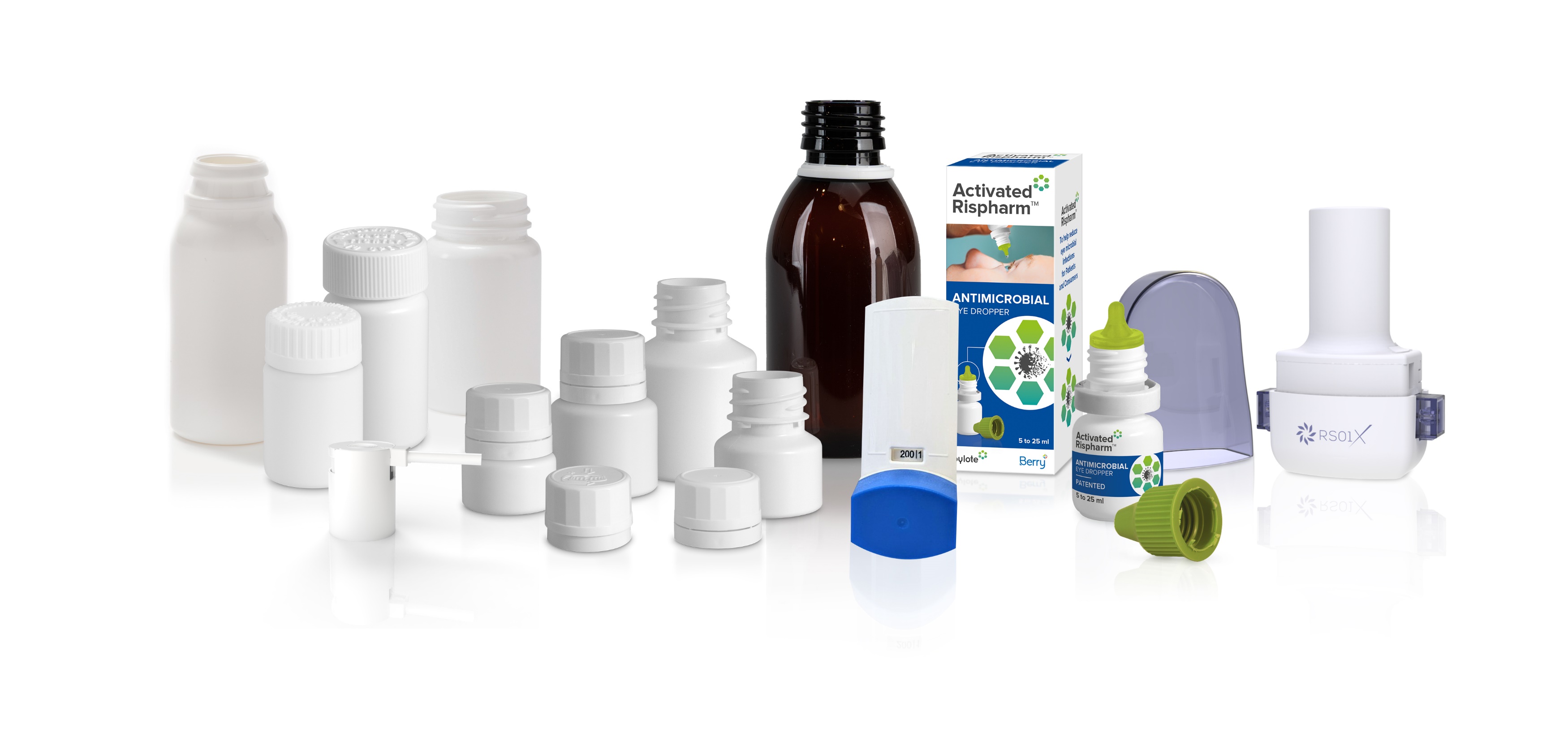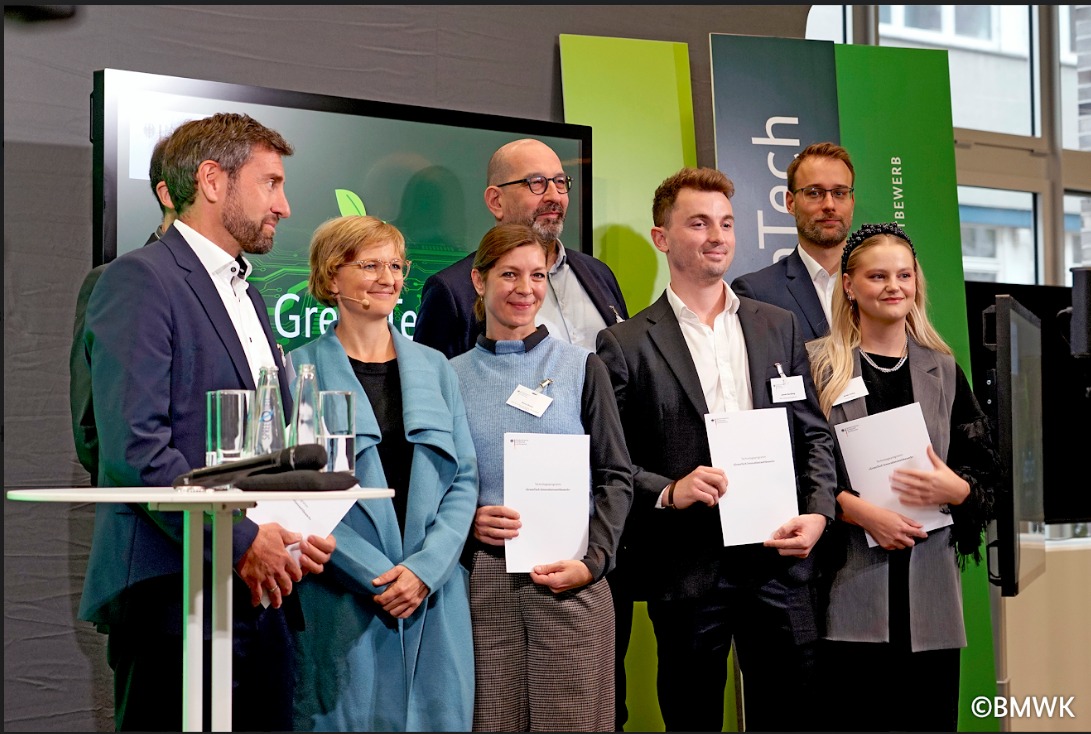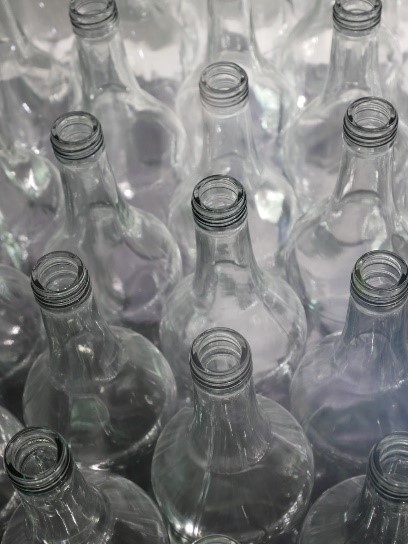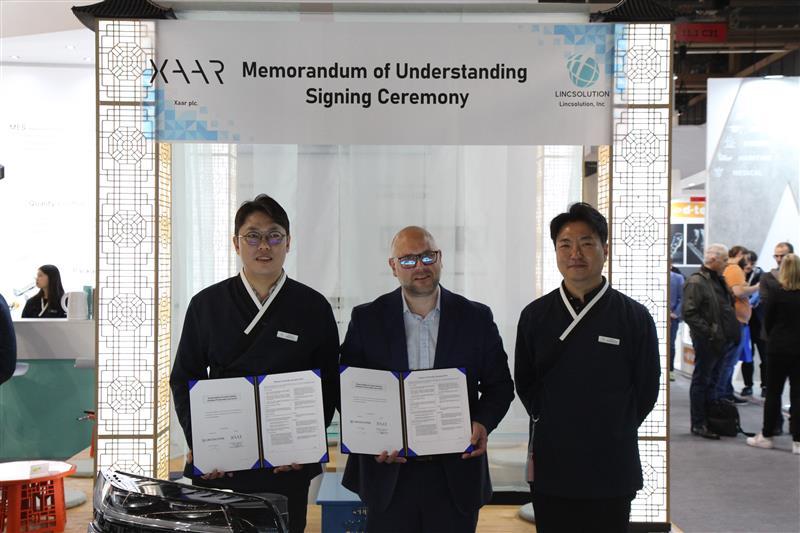One of Germany's largest retail chains, REWE, is trialling packaging waste-reducing solutions from the Czech company Miwa. The Miwa modules make it possible to buy food items such as pasta, rice, or cereals in reusable and returnable containers, thus preventing unnecessary waste of packaging and food. In the test phase, REWE will trial the technology in eleven of its shops in various German cities, for example Cologne and Bonn. The installation of the modules was completed in mid-November. Miwa also collaborates with the largest Dutch chain, Albert Heijn, and the Portuguese chain, Continente, as well as with the Aldi chain in Great Britain.
"For us, this is the largest pilot project in the retail segment so far. Other chains initially test our technology in only one to three shops, here it will be eleven shops. Germany is an interesting market for us, which is very receptive to ecological solutions, and reusable packaging is supported by a large part of the public there, as well as by the new legislation." says Mirek Lizec, Miwa executive director.
"The management of the chain was very interested in the hygienic and digital standards of our solution, in the safety and efficiency of sales. They also appreciated that our modules are user-friendly and easy for customers to understand. We are happy that we manage to establish cooperation with such important players even though the European retail market now has to recover from a series of problems such as inflation, the war in Ukraine, the repercussions of covid and the like." adds Mirek Lizec.
REWE primarily sells goods in bio quality in the waste-reducing modules. In contrast to classic zero waste solutions, there will be no direct handling of open food in shops, for example during pouring. The product is delivered in closed capsules, which are always simply inserted into the module. This is exactly the kind of solution REWE prefers because it guarantees perfect hygiene and maximum shelf-life of food.
In the REWE stores, the latest second-generation Miwa modules are being tested. These modules feature a newly integrated two-line display with scales, allowing customers to monitor the quantity of goods they have dispensed and their corresponding prices in real time. The entire system has been upgraded with new electronics and software. The second-generation modules make it possible to sell larger products that would not have fit through the capsule opening previously. Integrated vibrations assist in dispensing foods that are prone to getting stuck during the pouring process.
Miwa's solution for retail chains is based primarily on reusable standardized capsules - circulating between manufacturers, shops, and the service centre – and the maximum use of smart data. One such capsule saves almost 2,000 pieces of disposable packaging during its life cycle.
And how exactly do the Miwa modules work for end customers? They take a reusable returnable container directly on the spot. Alternatively, they bring their own container, in which case they must first weigh it on the module so that they only pay for the weight of the selected product. The customers then select the desired product on the integrated display and gently push the container onto the feeder. The container starts to fill, and the display shows the current weight and price of the product in the container. Finally, the module prints a price tag that the customers stick to the container. They then go to the checkout with it. Containers can then be returned via machines in REWE shops and other partners.
Notes for editors:
MIWA – Czech company, active on the market since 2016, which developed a system enabling waste-reducing shopping based on reusable packaging. This solution is based on capsules equipped with smart technology and meets the logistical and hygienic requirements of current retail chains and manufacturers, including the most demanding big brands. The company cooperations include, for example, the multinational group Ahold Delhaize, including the Czech Albert and the Dutch Albert Heijn, the Aldi chain in Britain or the Portuguese chain Continente.
In 2022, Miwa was the first Czech company selected by the World Economic Forum (WEF) among the so-called Technology Pioneers, i.e. global technological pioneers in their field. Companies such as Twitter, Airbnb and Google received the same award in the past. As one of the few Czech companies, Miwa also managed to succeed in the demanding selection procedure of the European Innovation Council (EIC) in the "EIC Accelerator" program and obtained significant funds for further development.
The entire solution that Miwa has developed is based on the system modernization and transformation of the supply chain using the principles of the circular economy. This creates a circular supply chain based on reusable standardized packaging – circulating between shops, service centre and manufacturers – and on the maximum use of data. The efficient use of data flows is a very important part of the whole system, which cannot be simplified only to a shopping experience connected with top design and ease of use – this is very important, but Miwa's key competitive advantage lies precisely in what happens in the background. There, a circular B2B cycle based on data takes place, which does not disrupt the chains' existing logistics and operational processes, on the contrary, it brings them an economic and ecological advantage.
More about the operation of the Miwa system in video HERE.
REWE – with sales of 28.4 billion euros (2022), more than 160,000 employees and 3,800 shops, REWE Markt GmbH is one of the leading companies in the German food retail sector. The REWE Group is one of the most important retail groups in Germany and Europe. In addition to retail, it is also significantly active in the tourism industry. In 2022, the company achieved total sales of 84.8 billion euros. The REWE Group was founded in 1927 and has more than 384,000 employees. It operates in 21 European countries.

























